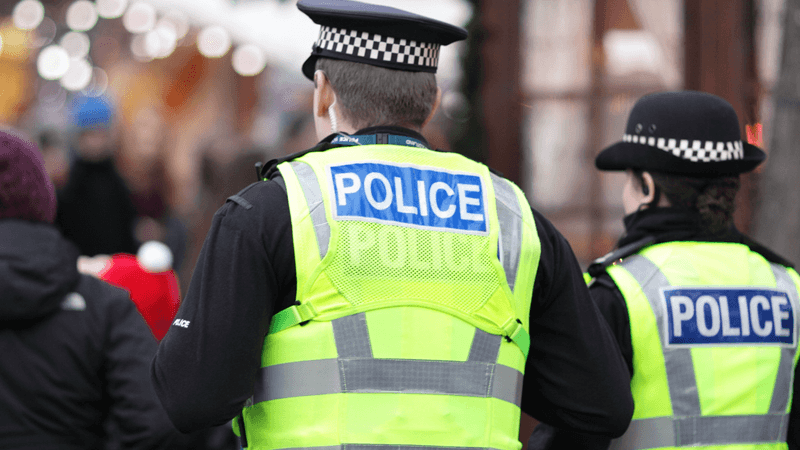Police Scotland recorded over 900 ‘non-crime hate incidents’ (NCHI) in 2021, a Freedom of Information request has revealed.
According to the force’s national guidance, so-called ‘hate incidents’ must be recorded where non-criminal behaviour has been “perceived” to be motivated by “malice and ill-will” towards a person because of their race, religion, sexual orientation, disability or transgender identity.
In 2021, the Court of Appeal in London ruled that similar guidance for England and Wales unlawfully interfered with free speech, prompting the College of Policing to release new interim guidance on the issue.
‘Slippery slope’
The figures obtained by Index on Censorship revealed that Police Scotland logged 928 incidents in 2021. The most recent data also shows that 625 NCHIs were recorded in the first half of 2022 alone. Since 2017, the total number of cases has risen each year.
Assistant Chief Constable Gary Ritchie said that the force has “actively encouraged” the reporting of such cases in recent years, so “it is not unexpected that there has been a rise in reports”.The law does not exist to protect us from feeling offended.
But journalist Euan McColm criticised the practice, saying: “The law does not exist to protect us from feeling offended.”
Writing in the Press and Journal, he added: “If we do not defend the principle that the right to free speech is fundamental to a healthy democratic society, then we are on a slippery slope.”
Protections
Last year, the College of Policing released its interim guidance to help officers in England and Wales deal with complaints from individuals who claim that a comment has been made which was motivated by hostility. The guidance will remain in place until the Government approves a new code of practice, probably early this year.
The new guidance raises the threshold for recording the incidents by stating that complaints should be dismissed “where they are trivial, irrational, or if there is no basis to conclude that an incident was motivated by hostility”.
It adds that “individuals who are commenting in a legitimate debate – for example, on political or social issues – should not be stigmatised because someone is offended”.
Police Scotland visited domestic abuse charity boss to ‘check thinking’ behind women’s safety tweets
Female suspects can be strip-searched by male police officers who ‘identify as women’


